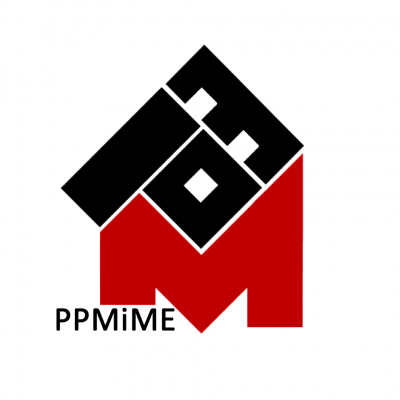Project Title:
Scientific research enabling the development of the process of using recycled photovoltaic panels in the production of metal alloys.
Project Acronym:
PV-Recyc
This research is part of the project No. 2022/45/P/ST5/02712 co-funded by the National Science Centre and the European Union Framework Programme for Research and Innovation Horizon 2020 under the Marie Skłodowska-Curie grant agreement no. 945339.

- Host Institution – AGH University of Science and Technology || Strona główna — Serwis Akademii Górniczo-Hutniczej (agh.edu.pl)
- Faculty – Faculty of Metals Engineering and Industrial Computer Science (WIMiIP)|| Wydział Inżynierii Metali i Informatyki Przemysłowej AGH
- Department – Department of Plastic Processing of Metals and Extractive Metallurgy|| Projekty – Katedra Plastycznej Przeróbki Metali i Metalurgii Ekstrakcyjnej (agh.edu.pl)
- Principal Investigator – dr inz Pradeep Padhamnath|| Pradeep Padhamnath – Katedra Plastycznej Przeróbki Metali i Metalurgii Ekstrakcyjnej (agh.edu.pl)
General Project Description
The exponential growth of the photovoltaic (PV) installations is an important and desirable element in the global response to climate change. A typical PV module has a lifetime of 20-25 years. However, some will be damaged during production, transportation, handling or installation, and some will even stop functioning after sometime, while some would be discarded during testing called as factory reject modules. Increased use of PV panels for energy production would also lead to enormous volumes of PV waste that needs to be dealt with in an environmentally responsible manner. The growing amounts of PV panel waste presents new environmental and waste management challenges. Recovery of raw materials from the PV panels, or researching other applications of recycled PV modules could lead to establishment of new solar PV end-of-life industries. In-fact, solar PV recycling would be of paramount importance for the transition into a sustainable and economically viable renewables-based energy future. The importance of developing pathways for PV module recycling has been acknowledged and some recycling processes have been developed. However, the complexity of the recycling process is one of the prime reasons hindering their large-scale implementation and consequently limiting the growth of PV module recycling industry. Almost all research activities on module recycling has been focused on c-Si PV modules due to the fact that c-Si technology commands more than 95% of the solar PV industry. Almost all recycling efforts for crystalline silicon PV modules available in literature are directed towards recovering various materials such as external wiring, glass layer and the aluminium frames from waste c-Si PV panels to be used again in c-Si PV panels manufacturing. Several chemical means could be employed to recover precious metal (usually silver) and metal free silicon from the mixture which could be recycled. While chemical treatment to obtain pure silicon appears to be promising and attractive, it has several drawbacks. The process has to be tailored for different cell types and architectures. This makes the process extremely complex and prohibitively expensive. Additionally, the chemicals required for this process are highly hazardous and dangerous. To promote the recycling of the waste c-Si PV panels, it is important to research and develop safe and simple methods of recycling. Hence, developing alternate pathways for recycling crystalline silicon PV modules that are simple and do not require complicated processes and hazardous chemicals is an essential and promising research direction. For example, ferrosilicon (FeSi) could easily be obtained from discarded c-Si PV panels by melting the panels with scrap steel and could be used as deoxidizer, or Si carrier in manufacturing other metal alloys such as steel rebars and silicon steel used in electric motors. This could be the simplest method of recycling c-Si PV panels as it involves minimum processing steps and eliminates the use of toxic and hazardous chemicals. The aim of this project is to develop simple recycling process for c-Si PV modules. Ferrosilicon made directly from PV modules, would contain some impurities such as silver, aluminium, phosphorus and boron in extremely small quantities. To understand the impact of impurities on the properties of the alloy, it will be imperative to understand the basic underlying scientific principles of a multi-component alloy system with trace impurities. Hence, the main aim of the project will be to research the impact of the typical impurities from the solar panel on the properties of Fe-Si phase system. Although the Fe-C-Si phase system has been investigated to some extent, the behavior of a multicomponent system involving minute quantities of Al, Ag, B and P is largely unknown. After understanding the behavior of the multi-component system, research would be done to further verify the findings by producing ferrosilicon alloys of various composition as governed by the kinetics and thermodynamics of the multicomponent phase system and characterizing their properties. The ferrosilicon would be produced with recycled materials obtained from PV modules and scrap steel, and hence would also include minor impurities. The ferrosilicon would be characterized and compared with the commercially available ferrosilicon using scientific methods. Further, the ferrosilicon produced from the recycled PV panels would be used for producing silicon steel, rebar steel and higher-grade ferrosilicon samples. These samples produced in the laboratory would be compared with the commercially available samples. This comparative study would help us establish and further improve the process. Thus, the project will enable the scientific community to understand the behavior and impact of the trace-impurities on the properties of the alloys produced from end of life PV panels. The knowledge could later be helpful to establish the feasibility of using materials recovered from recycled PV panels in the production of metal alloys used in day-to-day activities, while addressing the issue of recycling PV panel waste. The process, if established, is expected to recycle 100% of the PV panel waste.
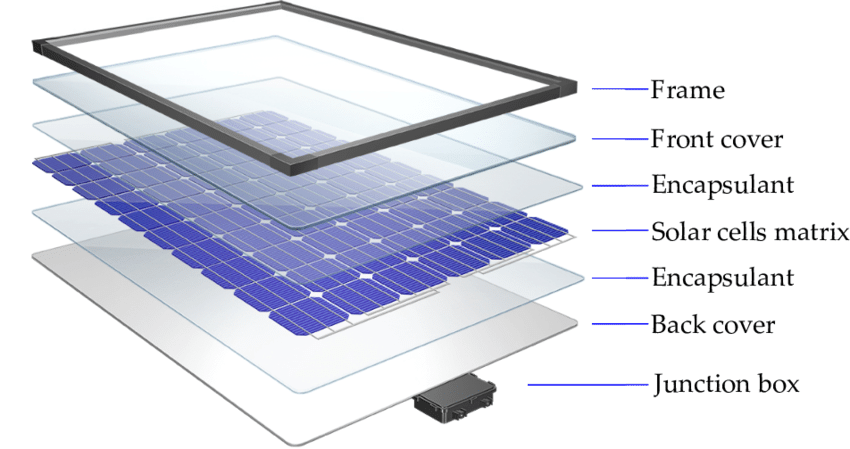
Media and publicity
Project Team
- dr inż. Pradeep Padhamnath
- prof. dr hab. inż. Mirosław Karbowniczek
- dr inż. Marta Ślęzak (June,2023 to Nov,2023)
- dr inż Mateusz Kopyściański (From Feb,2024)
- dr inż Filip Kuśmierczyk (From May, 2024)
- mgr inż. Grzegorz Ślęzak (From June, 2023)
Students
Administrative Assistant
Publications
Conferences
1. EUPVSEC, Lisbon, Portugal, 10-22 September 2023,
Disposing end of Life PV Modules – Reusing, Recycling and Upcycling at EUPVSEC, Lisbon, 18-22 September 2023.
Visit us at the Europe’s largest solar PV conference in Lisbon, Portugal, from 18 – 22 September 2023, to see our research update on recycling of end-of-life PV modules. Click here to access the complete schedule of the conference.
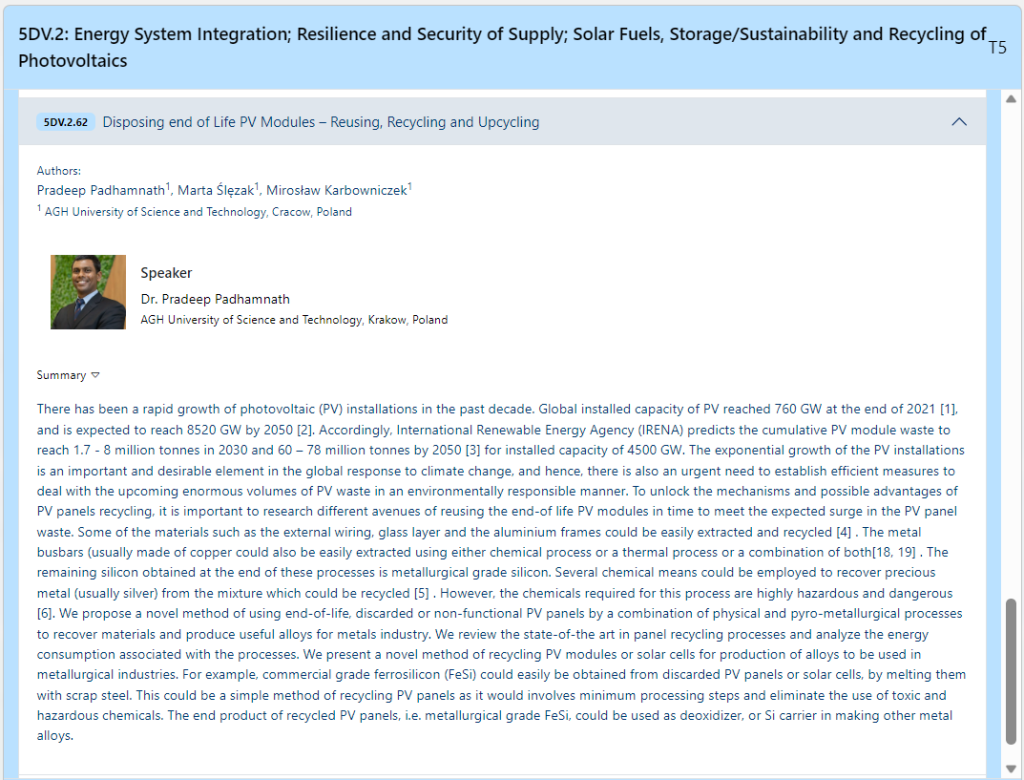
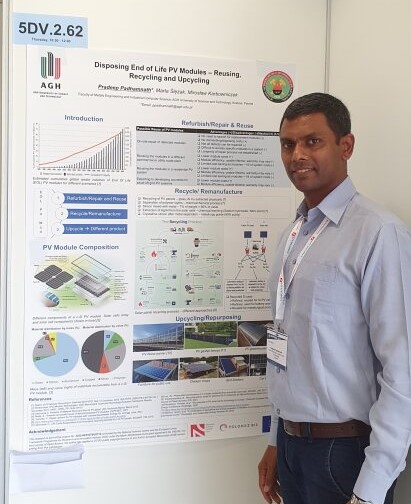
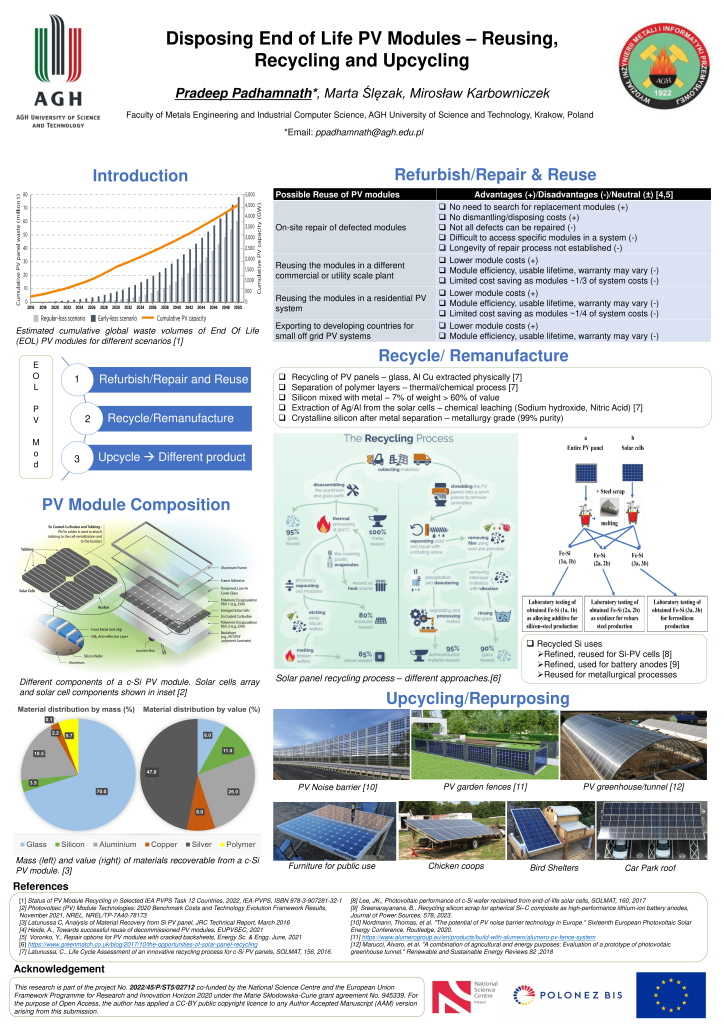
2. SiliconPV-2024, Chambery, France, 14-17 April 2024
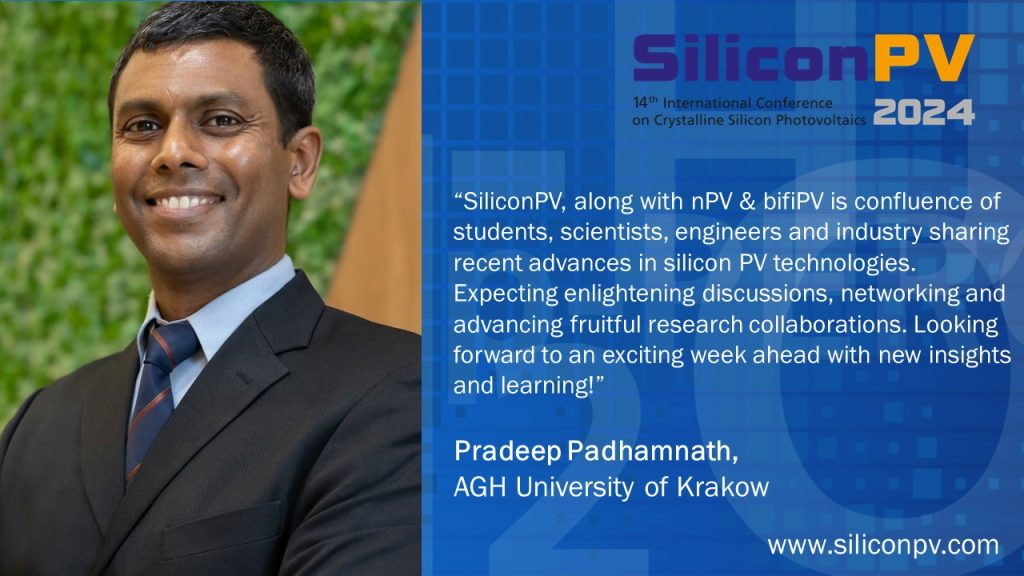
3. The Marie Skłodowska-Curie Actions (MSCA) conference, Mons, Belgium, 18-19 April 2024
A host of eminent speakers, all experts in their own field, shared their knowledge and experience throughout the two days. The conference achieved its goal to create a fertile ground for productive discussions between researchers, representatives from the public and private sector, policy makers and all stakeholders which, one way or another, play a role in researchers’ careers. This event offered a space where these exchanges gave birth to practical, inspiring results. In this forum, the participants received the opportunity to share their achievements, their needs, their ideas and their experiences. Together, the participants helped in shaping the future of research careers while honouring the legacy and visionary spirit of Marie Skłodowska-Curie.
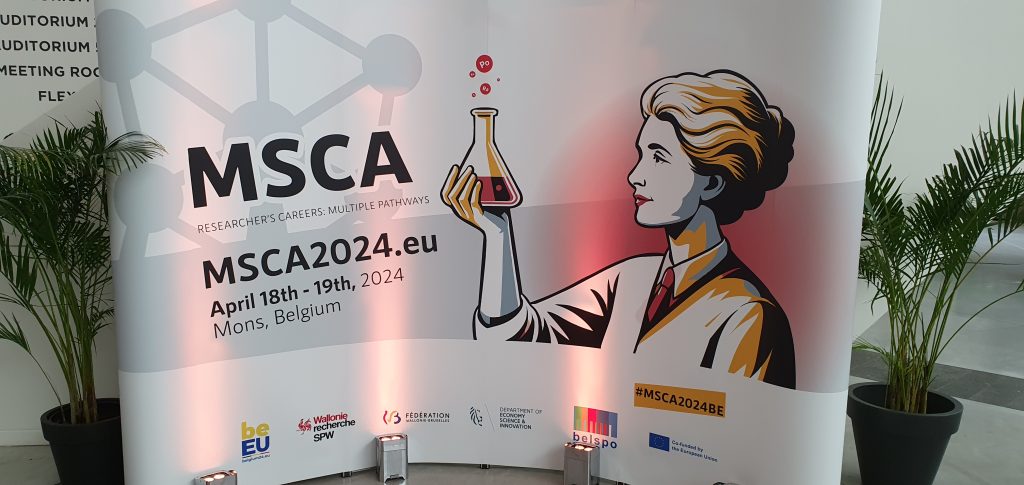
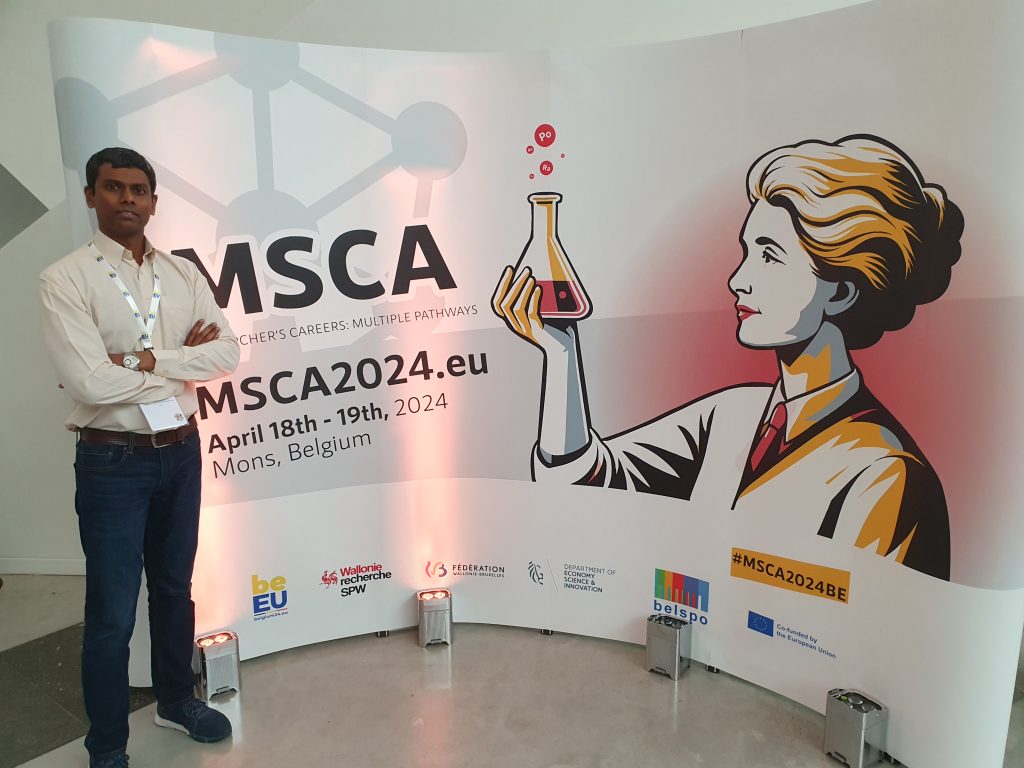
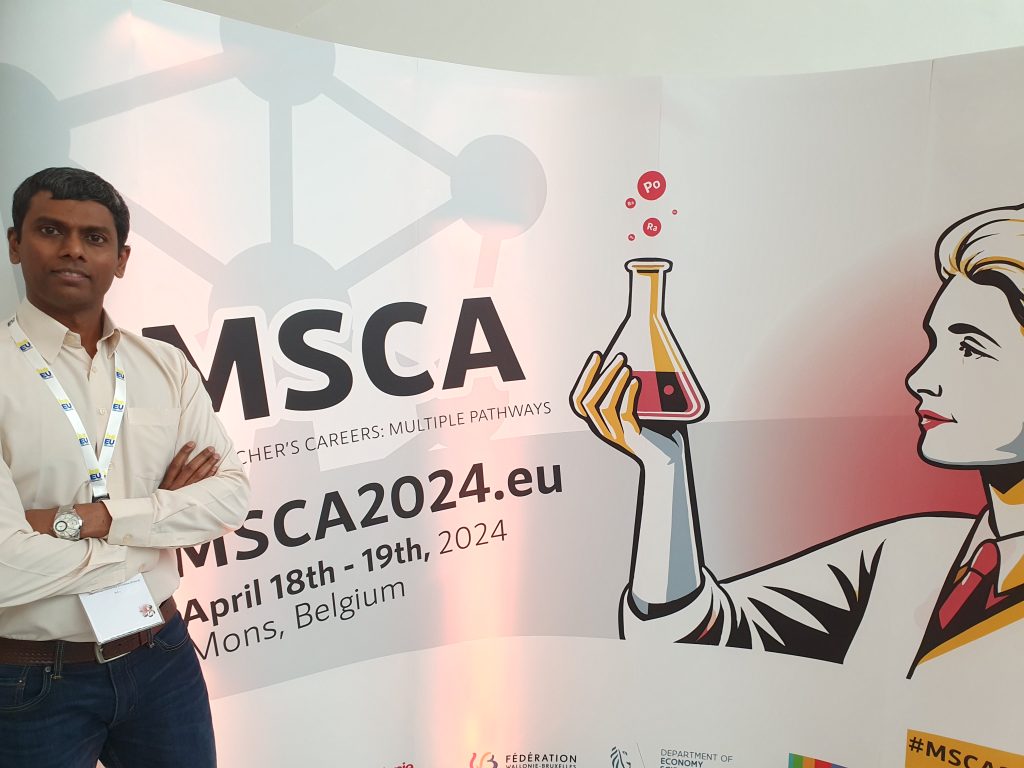
4. International Conference Water and Sewage in the Circular Economy Model (CEwater), Krakow, Poland, 22-24 April, 2024
Dr. Pradeep was invited to attend the International Conference – Water and Sewage in the Circular Economy Model (CEwater) which was a summary of the project entitled „Developing comprehensive water recovery solutions and raising awareness of the key role of water in the transformation process towards a Circular Economy (CE)”. The project used funding from the European Economic Area (EEA) Funds. The aim of the project was to strengthen the transformation towards circular economy in the field of circular water resources management. The aim of the CEwater International Conference 2024 was to summarise the technical achievements in the project, the issues and methods of water and wastewater management, presenting the best practices for implementing Circular Economy in the water and wastewater management sector as part of organisational solutions, technological and educational and informational. The conference included talks from researchers and students working on water recycling and resource management, poster sessions and a visit to the Bielany water treatment plant.
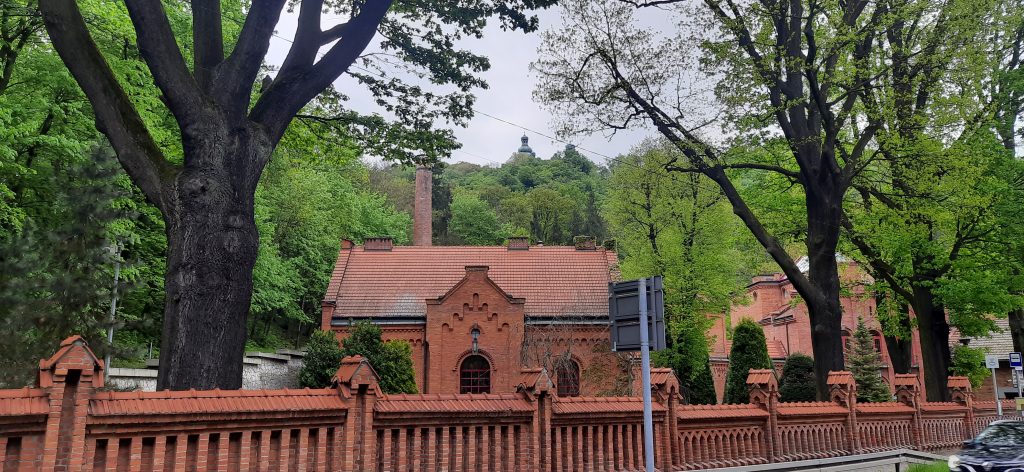
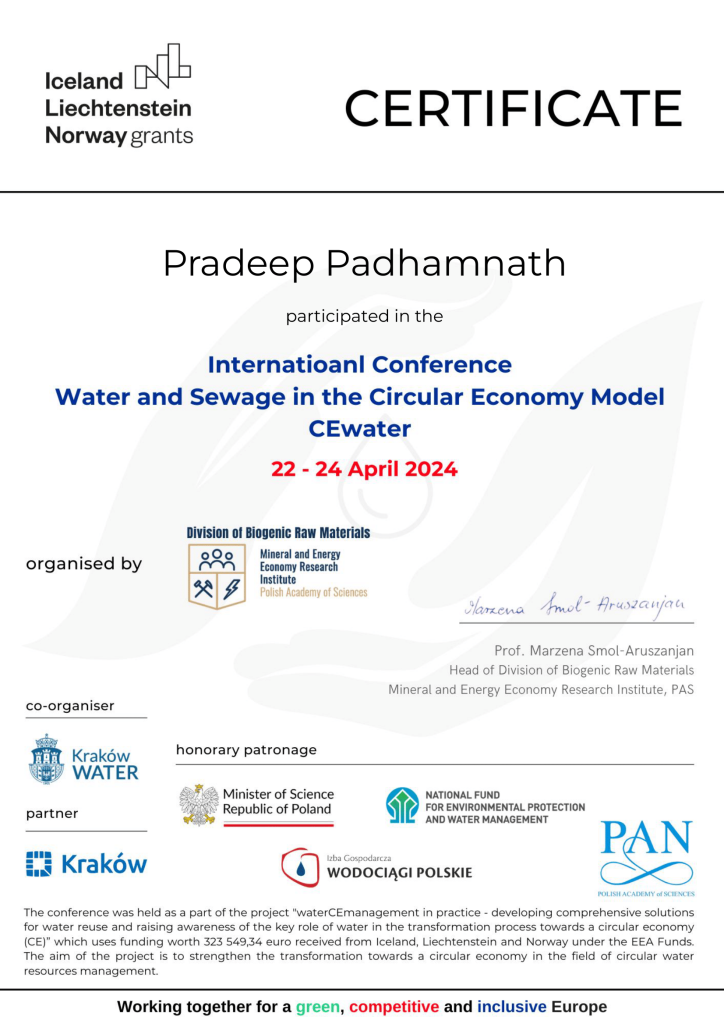
University Lectures
1. Renewable fuels through Solar PV, Tuesday, 23 April, 2024
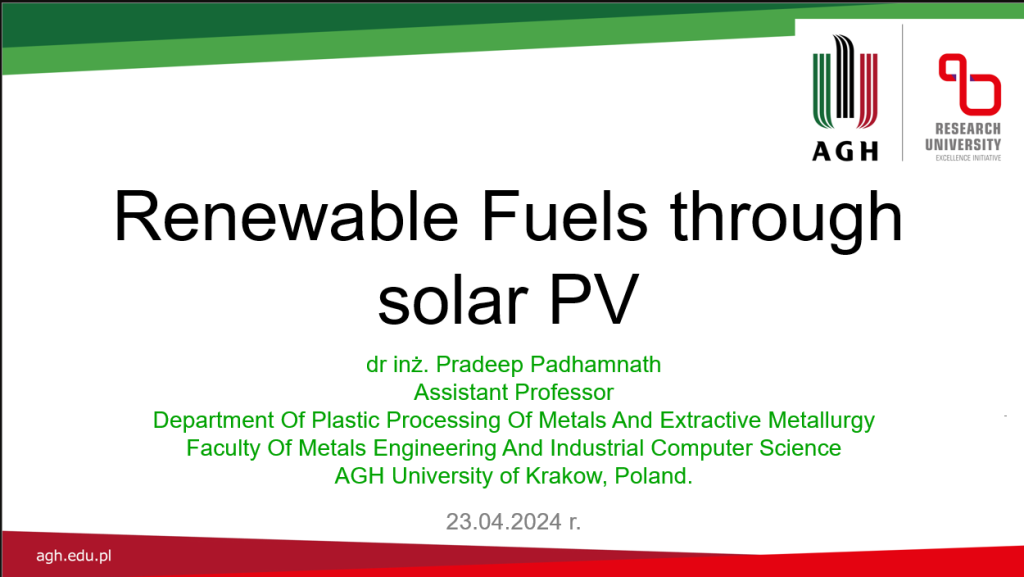
On the invitation of Prof. dr. Hab. Aneta Magdziarz, Dr.Pradeep gave a 150 min lecture on the generation of renewable fuels through solar photovoltaics, with special focus on generation of hydrogen and biofuels. This was an excellent opportunity for Dr.Pradeep to share his decade of experience in working with solar PV and generation of renewable fuels. The lecture was attended by the polish students and international students vising AGH on Erasmus scholarships. Prof. Magdziarz later expressed gratitude for the lecture mentioning „Your lecture was a fantastic opportunity to learn more about hydrogen production using solar energy and renewable fuels in general.”
Public Events
1. Lifecycle of PV Panels – Małopolska noc Naukowców,2023
Harnessing solar energy to generate electricity is one of the cleanest and most environmental friendly options. Solar Photovoltaic (PV) panels are easy to install and versatile. They have a warranty of 25 years and can continue to produce energy for more than 50 years. What makes solar panels so efficient ? How does a solar pv panel produce electricity? What happens to a panel after its usable period? In this lecture we shall talk about the components of a solar PV panels, their operating principles and common maintenance practices. We will also present the different options of recycling the waste PV panels. We will show an easy way to calculate the solar PV requirements for your household. This will help in understanding how solar photovoltaics can help in combating climate change and lead to a cleaner, greener, world.
Wykorzystanie energii słonecznej do wytwarzania prądu jest jednym z najczystszych I najbardziej przyjaznych środowisku sposobów produkcji energii elektrycznej. Panele fotowoltaiczne są łatwe w montażu i łatwo adaptowalne (można je instalować w różnych miejscach/konfiguracjach). Posiadają 25-letnie gwarancje i pozwalają na wytwarzanie energii przez ponad 50 lat. Co czyni panele solarne tak efektywnymi? Jak panele fotowoltaiczne produkują energię? Co dzieje się z panelami po upływie ich przydatności? Na tym wykładzie opowiemy o elementach, które tworzą panele fotowoltaiczne, o zasadzie ich działania oraz o sposobach ich konserwacji. Pokarzemy również różne sposoby przetwarzania odpadów pochodzących z paneli fotowoltaicznych. Zaprezentujemy prosty sposób na obliczenie ilości paneli potrzebnych w waszych domach. To wszystko pomoże zrozumieć, jak fotowoltaika słoneczna może nas wspomóc podczas zmian klimatycznych w walce o czysty, zielony świat.
Day & date – Friday, 29, September, 2023
Time – 18.00-18.45; 19.00–19.45
Location – BUILDING B4, ROOM 122, AGH UST, MICKIEWICZA 30; 30-059 KRAKOW
For more details, please click here.
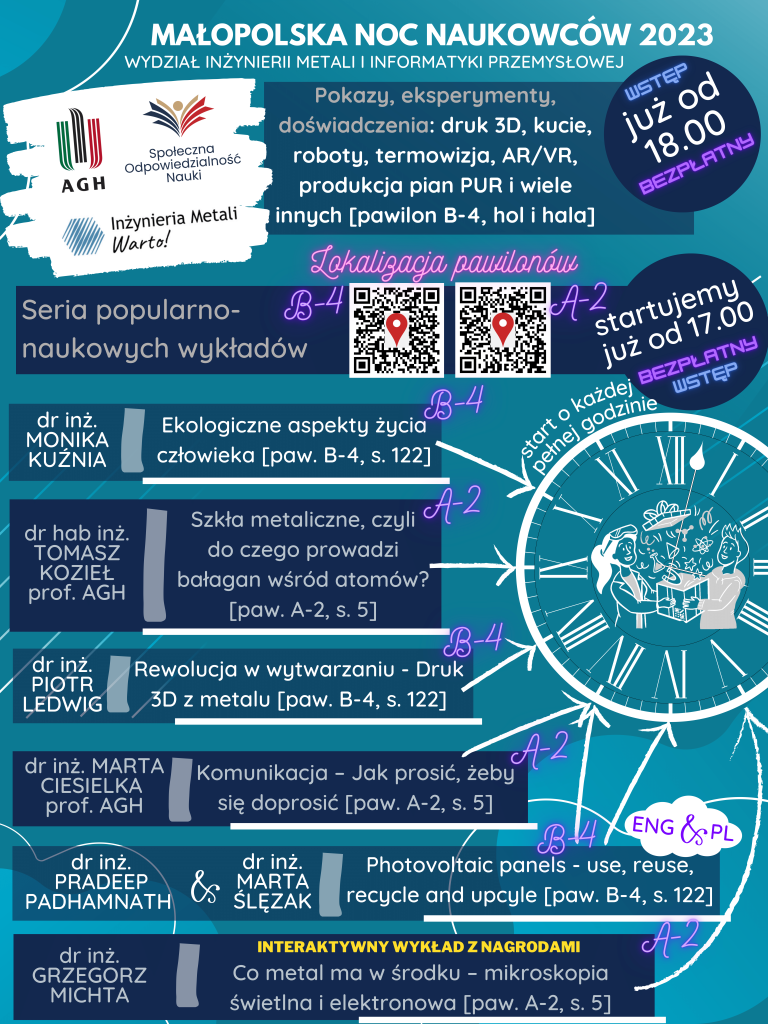
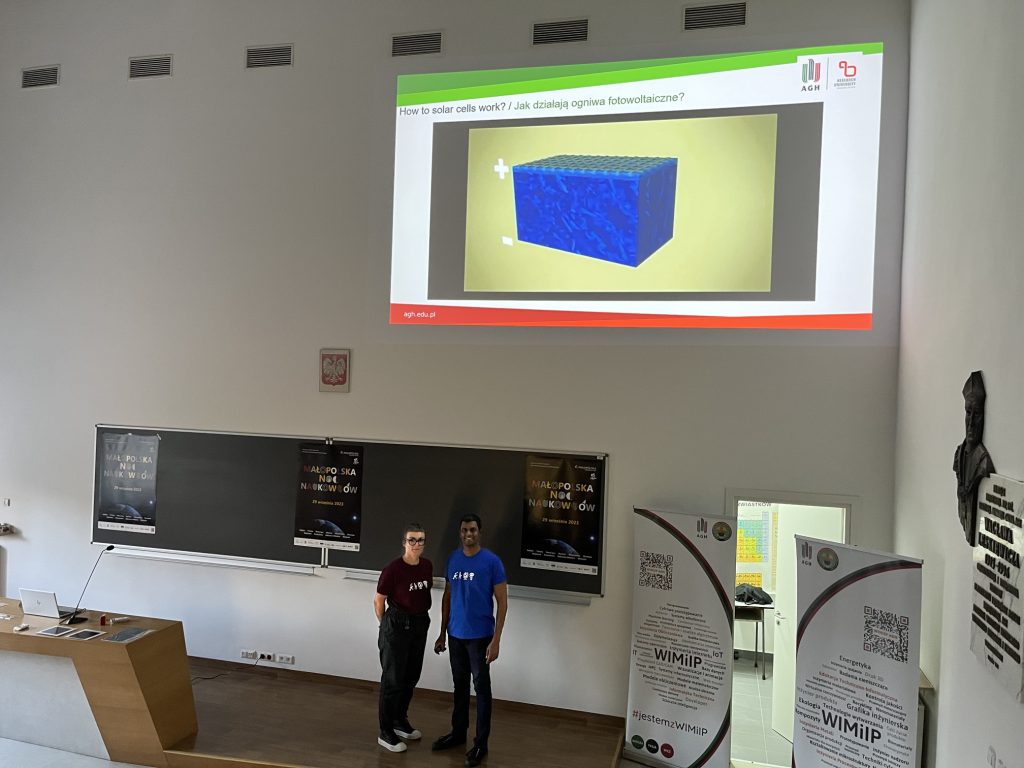
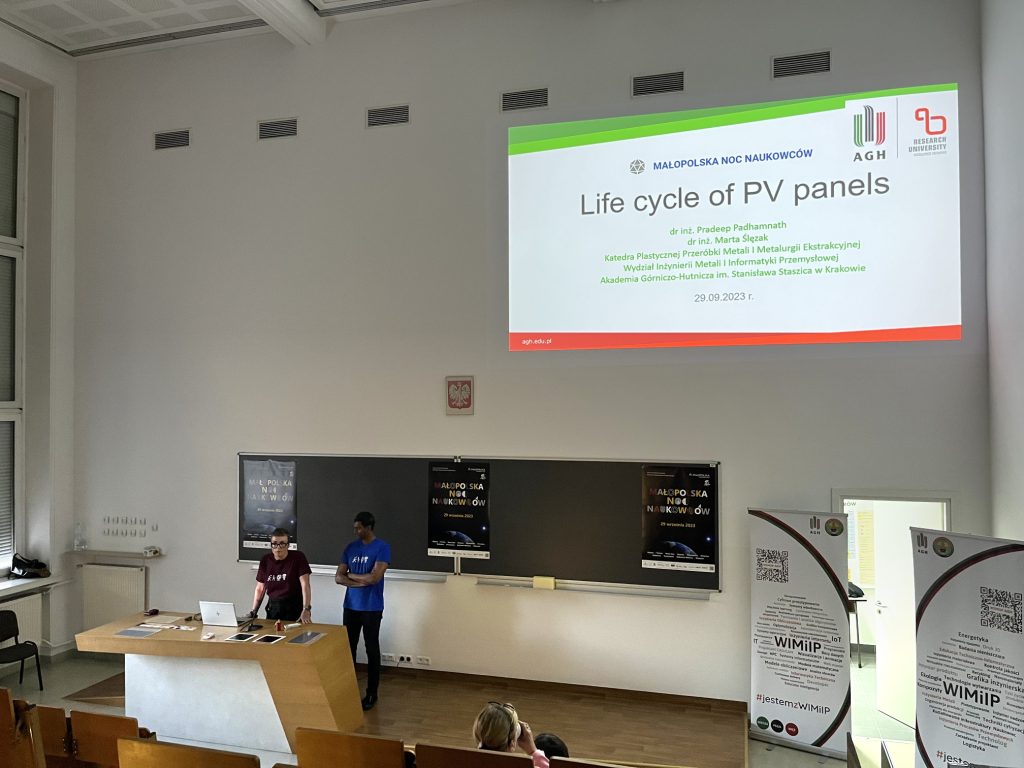
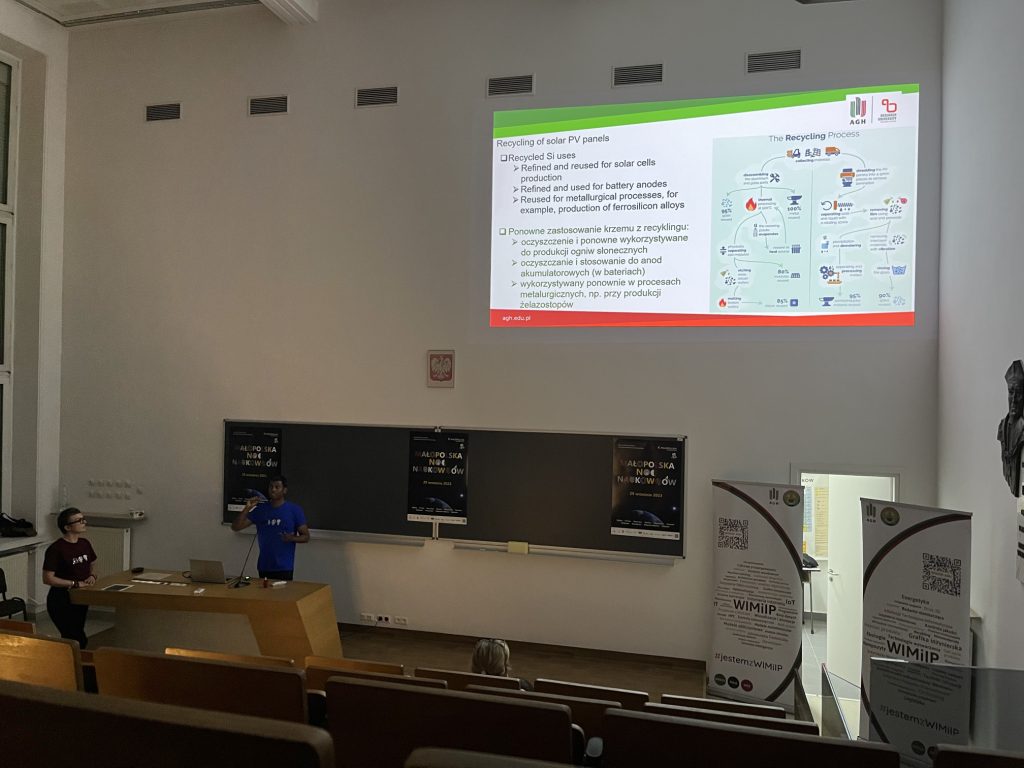
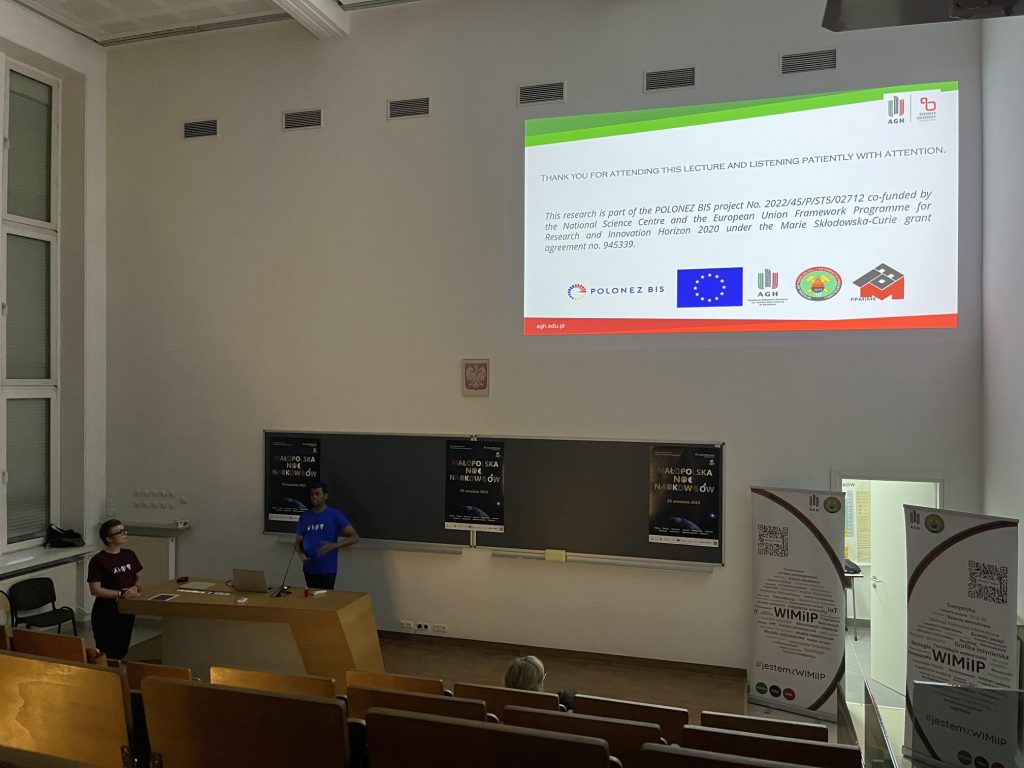
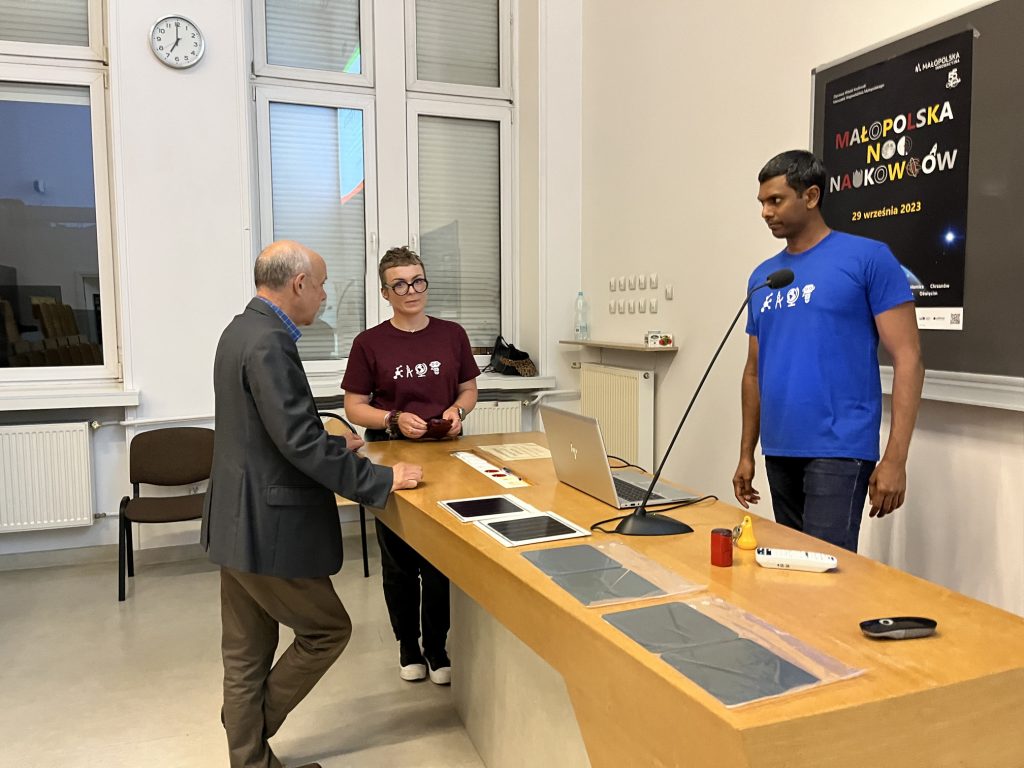
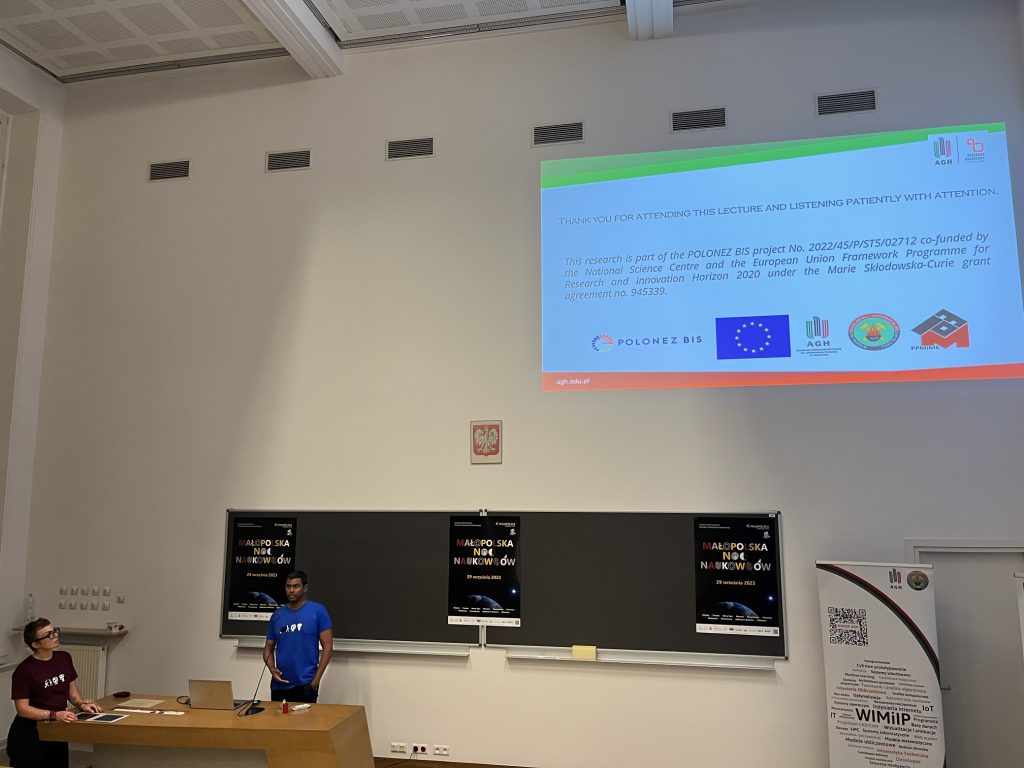
Image gallery
- June, 2023: Pics from the POLONEZ BIS kick off meeting held in Kraków, Poland.
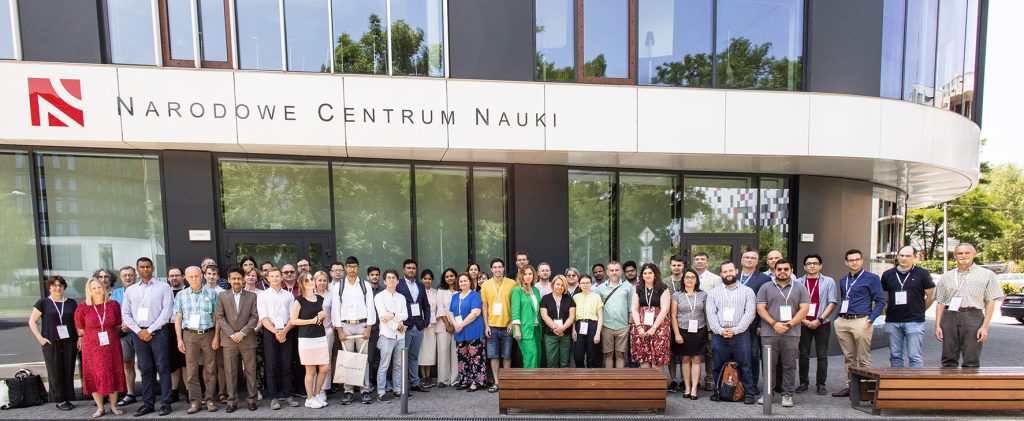
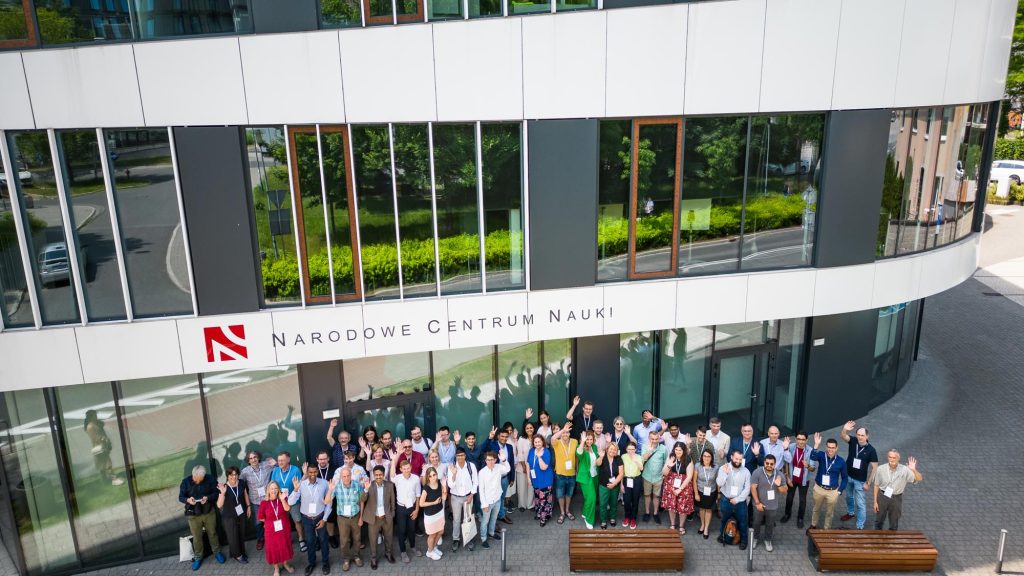
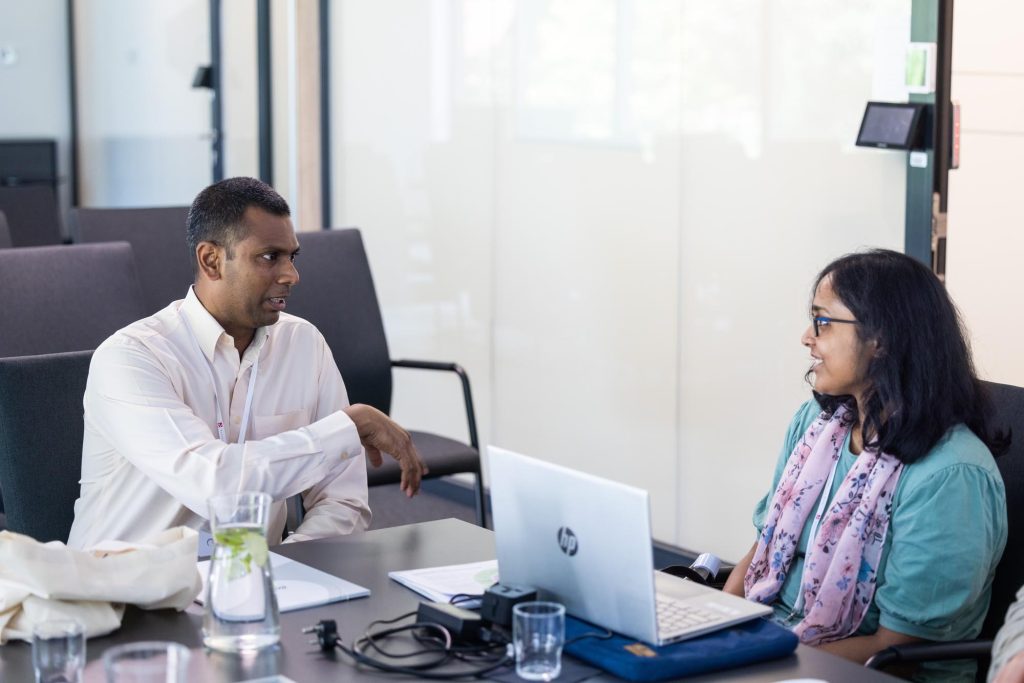
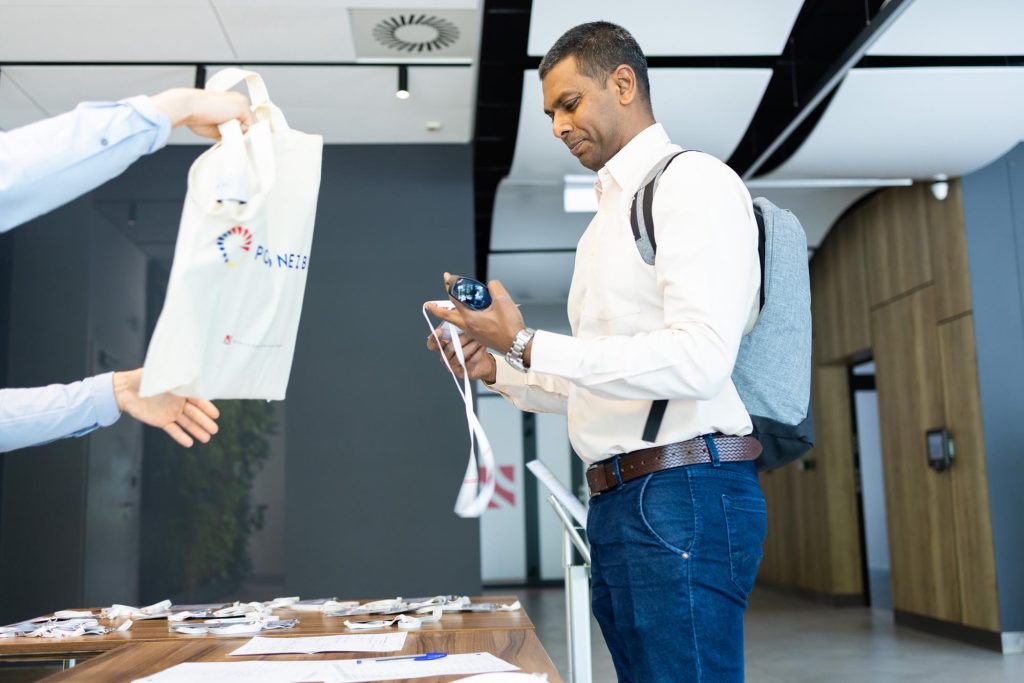
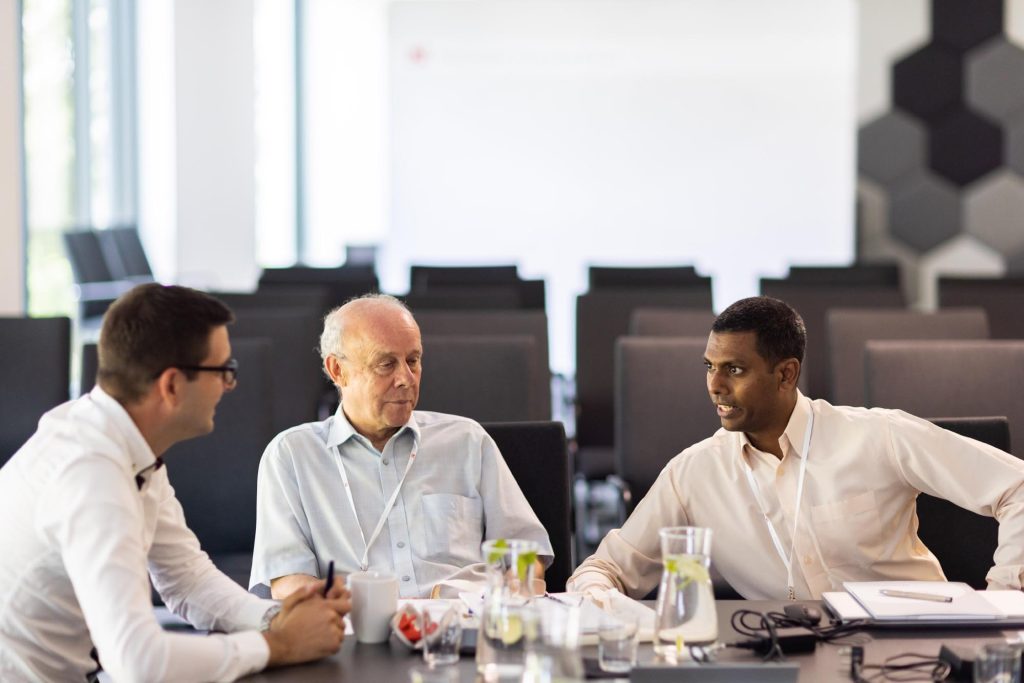
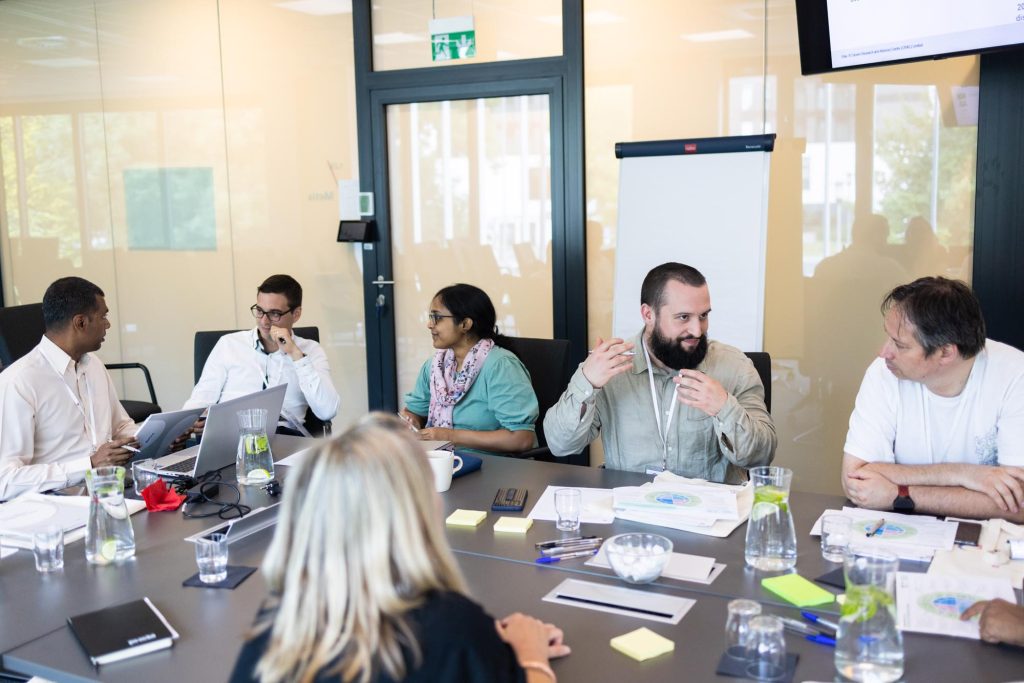
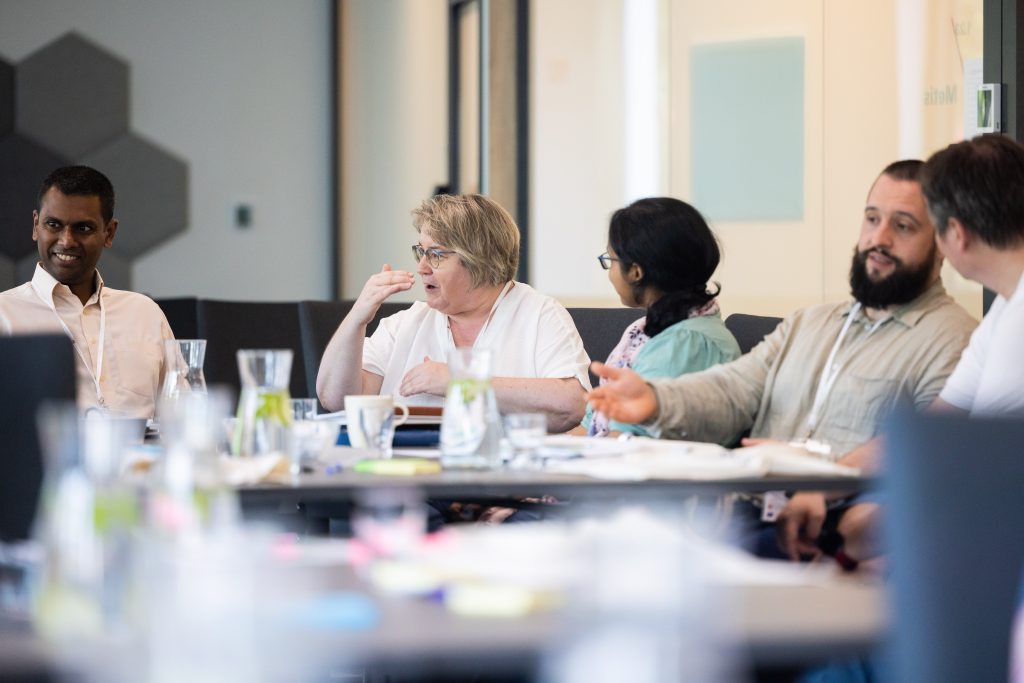
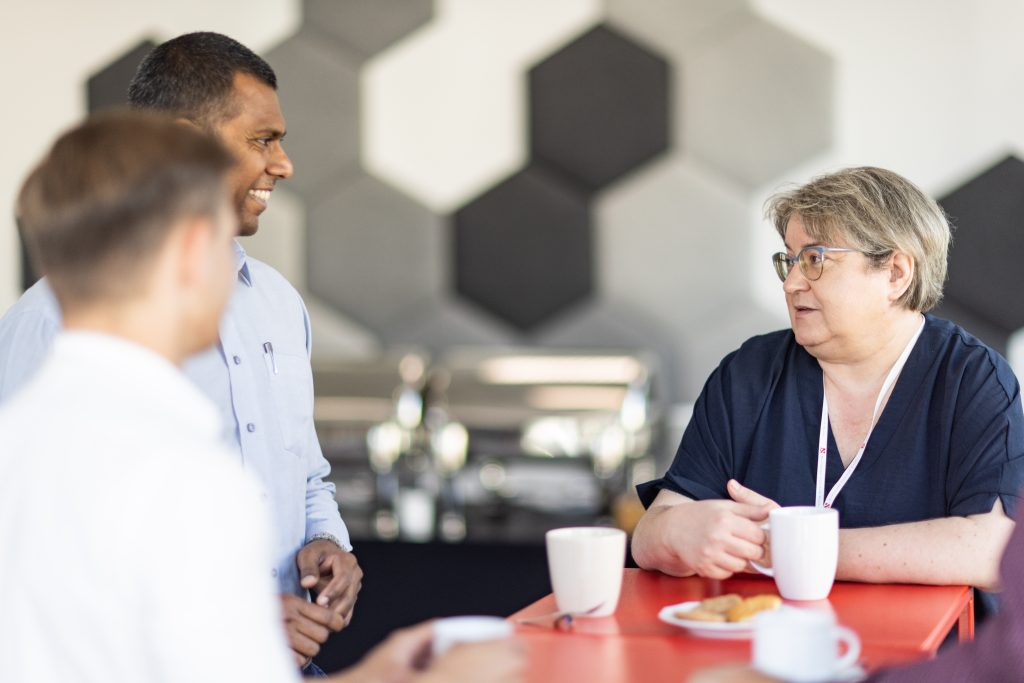
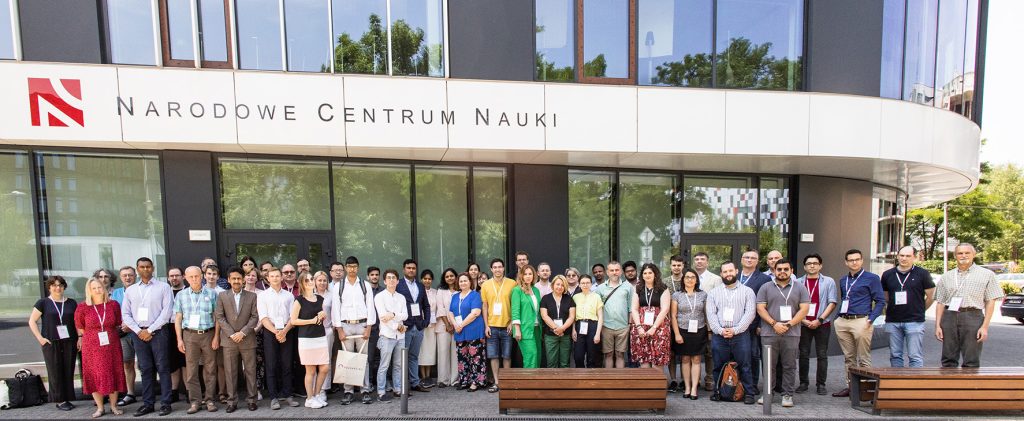
Past Events
Student scholarship
We are hiring students. We have two open positions. Please refer to the call on NCN websites on the following links:
https://www2.ncn.gov.pl/baza-ofert/?akcja=wyswietl&id=222957
https://www2.ncn.gov.pl/baza-ofert/?akcja=wyswietl&id=222958
Application deadline – Nov 20, 2023
